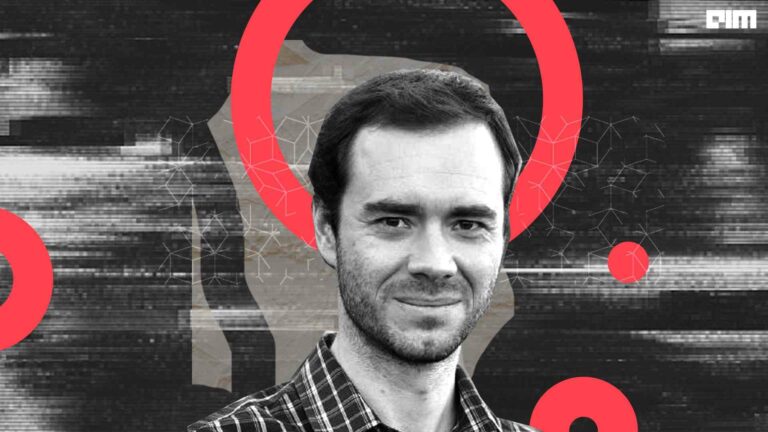|
Listen to this story
|
“There’s a lot of optimization, and I think, roughly speaking, the way things are happening is that everyone is trying to build what I refer to as a kind of LLM OS,” said Andrej Karpathy, former Sr. Director of AI at Tesla, and one of the founding members of OpenAI.
In an interview with Stephanie Zhan, at the recent Sequoia Capital’s AI Ascent event, Karpathy, spoke about how seven years ago, achieving AGI seemed like an ‘impossible task to achieve even in the span of our lifetimes.’
“I sort of felt with AGI, it wasn’t clear how it was going to happen. It was very sort of academic and you would like to think about different approaches, and now I think it’s very clear, and there’s like a lot of space and everyone is trying to fill it,” said Karpathy.
The current focus revolves around the development of what Karpathy calls an “LLM OS” – an operating system designed to integrate various modalities such as text, images, and audio, and at the core, or CPU, is the LLM Transformer.
Karpathy expressed his sense of anticipation and excitement for the future of AGI, and believes that the prospect of deploying self-contained agents capable of handling high-level tasks in specialized ways holds promise for groundbreaking advancements across various fields.
Aligned with OpenAI
While LLM OS, an extension of LLM, might be Karpathy’s probable take to eventually achieve AGI, the vision is not vastly different from Sam Altman’s. In last year’s interview with Lex Fridman, Altman said that LLM could be a ‘part of the way to build an AGI’. Interestingly, each of the big tech companies, including OpenAI, Meta, Google or even Tesla, have their own path towards achieving AGI.
AGI Conversation Continues
Off late, the hottest topic of discussion has been revolving around AGI. From discussing the timeline to achieving it, to discussing the form of AGI when it appears, big tech leaders have been chiming into the conversation. Recently, NVIDIA chief Jensen Huang said that it would take 5 years to reach AGI, with certain conditions applied.
While conversations about AGI will undoubtedly gain momentum, the diverse opinions of experts and tech pioneers will undoubtedly broaden the scope of interpreting AGI.































